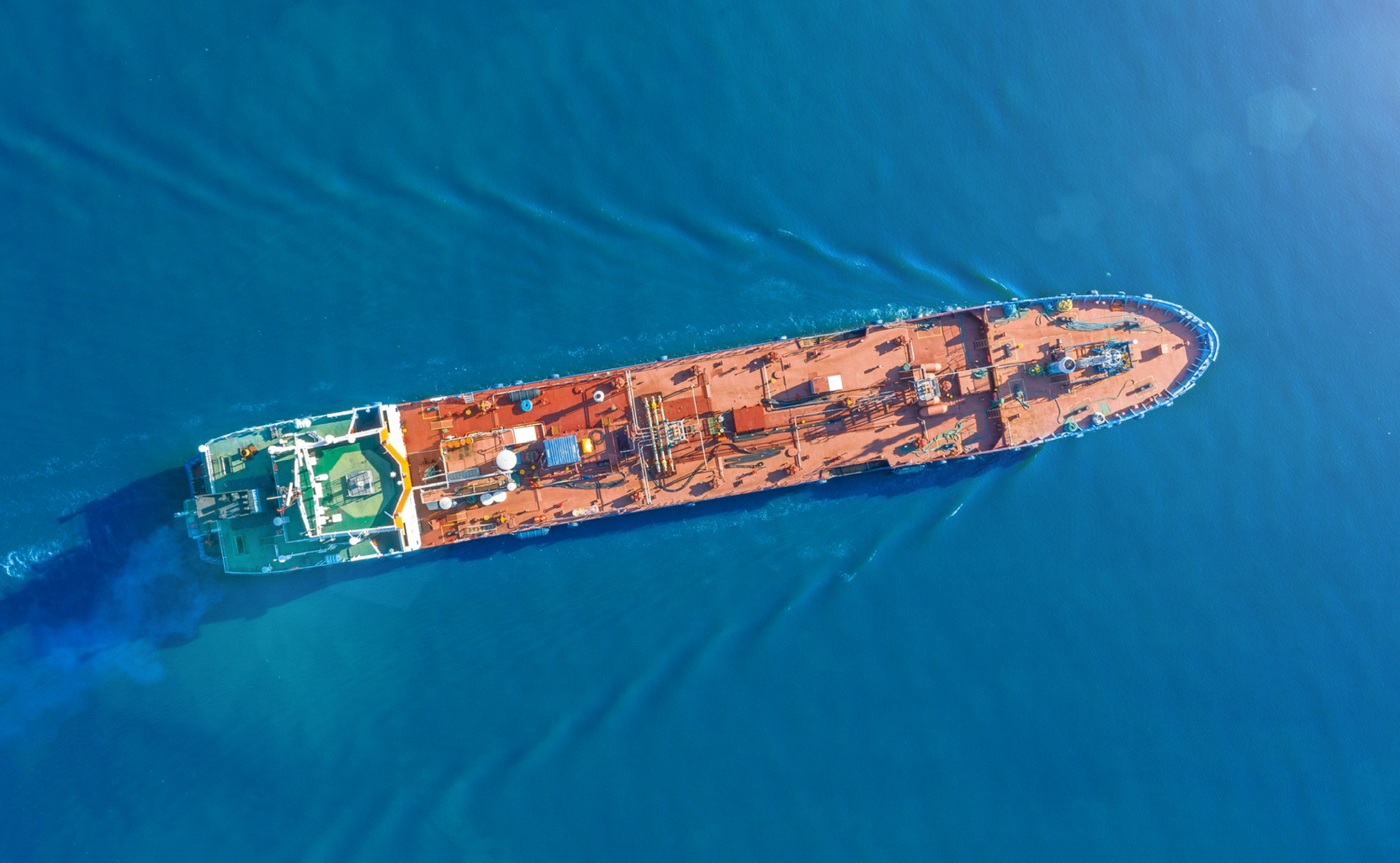By Mykola Kolisnyk, Deputy Minister of Energy of Ukraine and Svitlana Romanko, Founder and Director of Razom We Stand
The recent missile attacks by Iran against Israel serve as a stark reminder of the increasing boldness of petro-dictatorships in flouting international norms and undermining global peace. Iran has been emboldened by Russia’s endless indiscriminate attacks, with Iran-made drones and their missiles, against the entire territory of Ukraine, ranging from hospitals and kindergartens to power stations, highlighting the dangerous consequences of unchecked aggression by petrostates.
Despite facing often limited Western sanctions, these regimes operate with impunity, fueled by their continued revenue from oil exports. The Kremlin has made more than 670 billion EUR since the full-scale invasion of Ukraine started. Russia, in particular, has drawn inspiration from Iran’s playbook, observing how Tehran managed to circumvent Western embargoes on crude exports by establishing a shadow fleet of tankers. This fleet operates outside standard regulations and monitoring systems, allowing Iran to continue selling oil at discounted prices with the help of complicit states like China. Russia also learns many of its tricks from the operations of sanctions-evading shadow fleets of Venezuela, North Korea and Oman.
While Russia does not face the same embargoes that Iran does, it is subject to the G7 and European Union oil price cap introduced in 2022 to prevent Russian oil exports from legally selling at over $60 per barrel, aimed at curbing its oil revenue and preventing further aggression against Ukraine. In response, Russia has taken the concept of the shadow fleet to new heights, creating an unprecedented network of hundreds of oil tankers dedicated to evading the price cap and bolstering the Kremlin’s war chest.
The scale of Russia’s shadow fleet is staggering, with estimates ranging from 300 to 1,400 tankers servicing oil exports since 2022, which are registered under flags of different countries. The ambiguity of this market poses significant risks to maritime safety and the environment, as evidenced by numerous close calls and minor incidents over the past two years, including incidents in Asia and Europe, with one major malfunction in the Danish waters in March 2024. The ageing infrastructure of many shadow tankers, around 80% older than 15 years, increases the likelihood of malfunctions, collisions, and spills, further endangering coastal communities and ecosystems. The escalating situation poses enormous risks to law-abiding ships, the environment and the unfortunate countries where these accidents occur.
Experts have highlighted problems with key regional partners of Russia in their manipulations of ship-to-ship transfers, as has been seen in Yeosu, South Korea. Further problematic transfers have been discovered in Oman, Yemen; Ceuta, Spain, and others. The “Other Unknown” volumes, moving at roughly 115,000 barrels a day in early 2024, were on tankers listing no clear destination. Many such cargoes travel from Russia’s western ports to the Suez Canal, with some arriving in Turkey. Others are transferred, with many of these now taking place near Greece.
Elizabeth Braw from the Atlantic Council aptly characterises Russia’s use of the shadow fleet as a calculated choice to export corruption and undermine international rules. This strategy fits into a broader pattern of Russian aggression, which includes military provocations against NATO forces and interference with maritime trade in the Black Sea. The impunity enjoyed by Russia in these endeavours sets a dangerous precedent for other rogue states like Iran, which emulate similar tactics to project power and destabilise regions of strategic importance, allowing its navy and proxies like Houthis to engage in piracy and pose threats to global shipping in the Persian Gulf and Suez Channel.
After all, why would Russia and Iran not feel emboldened to export terrorism, corruption, and havoc? If NATO members like Denmark, Norway, and the UK, who see a massive increase in the Russian shadow fleet near their shorelines, do nothing to stop it despite all the risks, then why would less powerful coastal states step in? We must pressure governments to take decisive measures to counter this threat, including heightened economic and diplomatic pressure on flag states.
It is chilling to read accounts that Denmark, Norway and Sweden fear Russian retaliation and thus do nothing. Despite three years of full-scale war in Ukraine and the presence of the Russian shadow tanker fleet since late 2022, the UK and Scandinavian governments have remained silent and inactive in terms of actual countermeasures to the fleet. Civil society organisations have recently intervened, petitioning the UK government and staging open sea protests in Sweden. Only after these actions did Swedish authorities begin to show public concern, albeit without making concrete promises. They suggested potential actions in the next sanctions package and proposed discussions within EU bodies. However, these statements lack binding commitments, marking the first time the EU will address this sanctions loophole since Russia’s invasion of Ukraine in February 2022.
So, what can be done? Addressing the threat posed by the shadow fleet requires a multi-faceted approach. Firstly, raising awareness about the significant risks associated with these covert operations is crucial, as they extend beyond the conflict in Ukraine to encompass environmental degradation and harm to coastal communities worldwide. In addition to awareness-raising, practical measures must be implemented.
Collaboration among Western nations to share intelligence on tanker movements and ownership structures is essential. Furthermore, G7 and EU countries should intensify pressure on flag states, compelling them to take responsibility for vessels flying their flags and imposing diplomatic and economic sanctions on those that fail to comply. The build-up of shadow tankers should be prevented by restricting the sale of tankers, especially by EU/G7 entities, to operators who do not adhere to sanctions or the price cap policy and to Russian or undisclosed buyers.
Enforcement of sanctions targeting not just the crude oil itself but the entire shadow fleet network is crucial. This broader approach would involve escalating sanctions from individual vessels to encompass the entire network while enhancing price cap enforcement mechanisms. Additionally, sanctions should target all entities facilitating the transport of crude oil through shadow fleets with extra focus on mother tankers hiding through the use of flagrant and often illegal flag-switching.
Despite political challenges, Western allies must recognise that the potential costs of Russia’s military advantage in Ukraine, funded by petrodollars, far outweigh the risks of occasional minor global oil price fluctuations. As clean energy becomes cheaper and more dominant, such oil price fluctuations become less dramatic. Measures such as implementing a complete embargo on Russian energy exports and gradually implementing secondary sanctions on non-compliant countries are necessary steps towards the cessation of Russian oil exports globally. Only with such measures can the cash flow to Russia’s war chest be curtailed and hopes for peace in Ukraine become a reality.




















